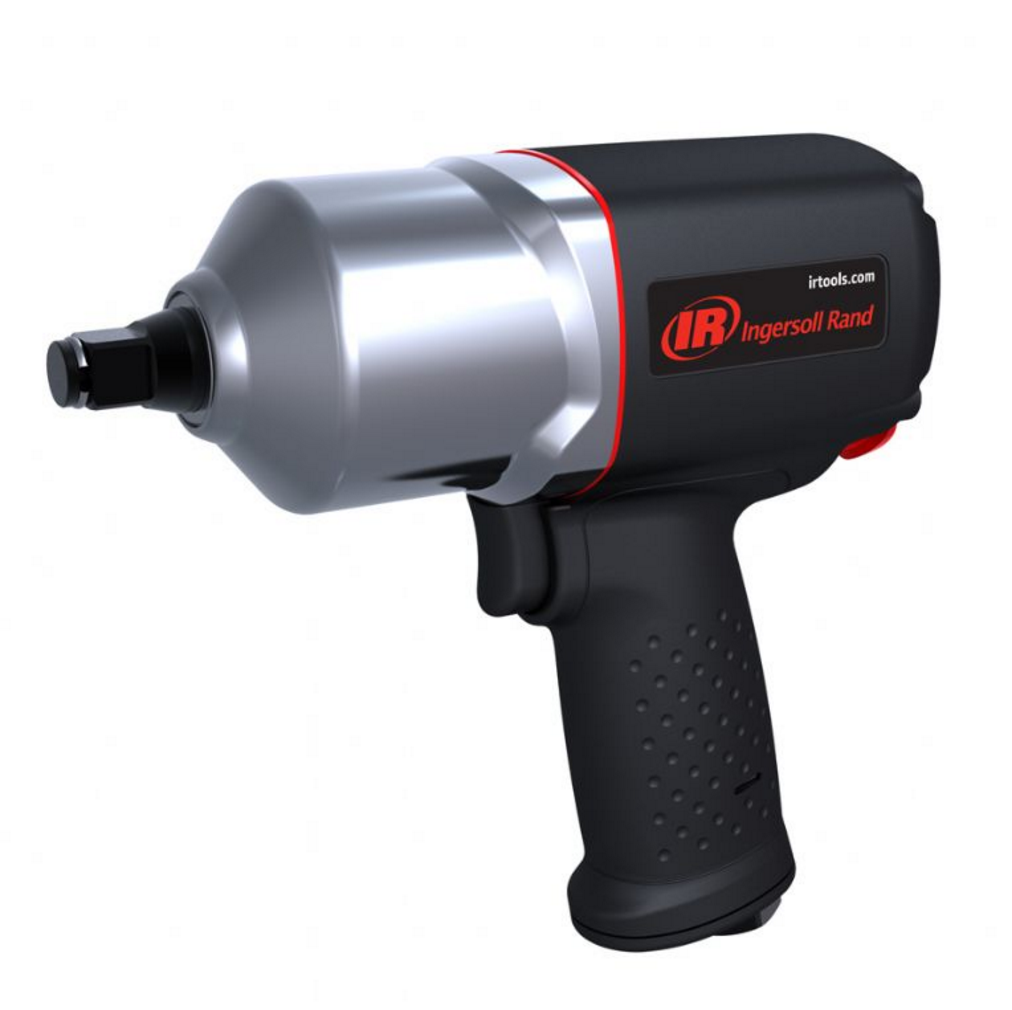When working at a height, or in a tight spot, it can be time consuming to stop what you’re doing to track down a necessary tool. Having your most frequently used tools, like cordless drills and impact wrenches, secured to your hip will save time and maximize productivity. Accidents are another productivity killer, so ensure that your tool hook has a secure grip on your power tool. This will prevent your tools from slipping and injuring colleagues below you.
Essential Scaffolding Supplies
When working on scaffolding, there are certain requirements that your tools need to meet. It goes without saying that your tools should be suited to the medium you’re working with, be it wood, stone, or concrete. It’s likely that you’ll find yourself performing certain tasks repeatedly and the tools required for these small, frequent actions are always essential to have at hand.
Are Impact Wrenches Now the Standard for Scaffolders?
While a growing number of scaffolders are trading their scaffold spanners for impact wrenches, we ask the question, is this the new industry standard or just a passing trend?
While no regulations exist that enforce or prohibit their use on scaffolding, it does seem that the speed and power of the impact wrench offers more efficiency in what has become a highly competitive industry.
The British organisation, NASC (National Access and Scaffolding Confederation), has offered some suggestions following a series of tests examining the safety of using impact wrenches for scaffolding work, specifically drop forge fittings, but found no negative consequences of using impact wrenches for erecting or disassembling scaffolding.
The recommendations issued by the NASC center largely on the fact that the torque created by an impact wrench exceeds the recommended torque for tightening scaffolding fittings. However, they go on to explain that much like car manufacturers, the top speed, or in this case, top torque, is often exaggerated. It is therefore unlikely that an excess of torque would be achieved in a real world situation. Still, a thorough risk assessment of the particular make and model of impact wrench that is intended for use is the responsibility of the company.
Impact wrenches, as with any power tool, may require some training and an acclimatization period for employees who are not experienced with their use, but the long term benefits of speed and efficiency far outweigh the expense of this training. Proper protective equipment is also necessary in order to protect employees against the noise and vibration created by electric wrenches, but chances are these measures are already in place.
The other gripe many opponents of the impact wrench have is their reliance on battery power. Proper care obviously needs to be taken to preserve the battery life of your tools, but with battery technology improving exponentially, it’s a logical conclusion to assume that limited battery life will soon be less of an obstacle. In the meantime, the impact wrench’s hunger for battery power can be counteracted by ensuring a set of spare batteries is kept charged and available on site at all times.
The general consensus is that you wouldn’t drill a hole by hand if you had a drill available, so why should it be different when it comes to assembling or disassembling scaffolding? Granted there are some limitations, but none that will not be solved in due course with advancements in technology and the evolution of the industry.
Of course, the old-school resistance is alive and strong with some of the more wizened scaffolders refusing to down their manual wrenches with cries of “You can take my wrench when you pry it from my cold, dead fingers!” In an industry as competitive as this one, that may well be the case. For everyone else, impact wrenches offer a fast and effective way of dealing with the rigors of the job and provide an indispensable addition to your scaffolding arsenal. At the very least, having one at hand when the old wrench just won’t cut it is definitely a good idea.
Only time will tell if the industry will evolve beyond the need for manual tools entirely, but love them or hate them, it certainly looks as though impact wrenches are here to stay.
Have an impact wrench? Get THE GORILLA HOOK!
Image: Ingersoll-rand




